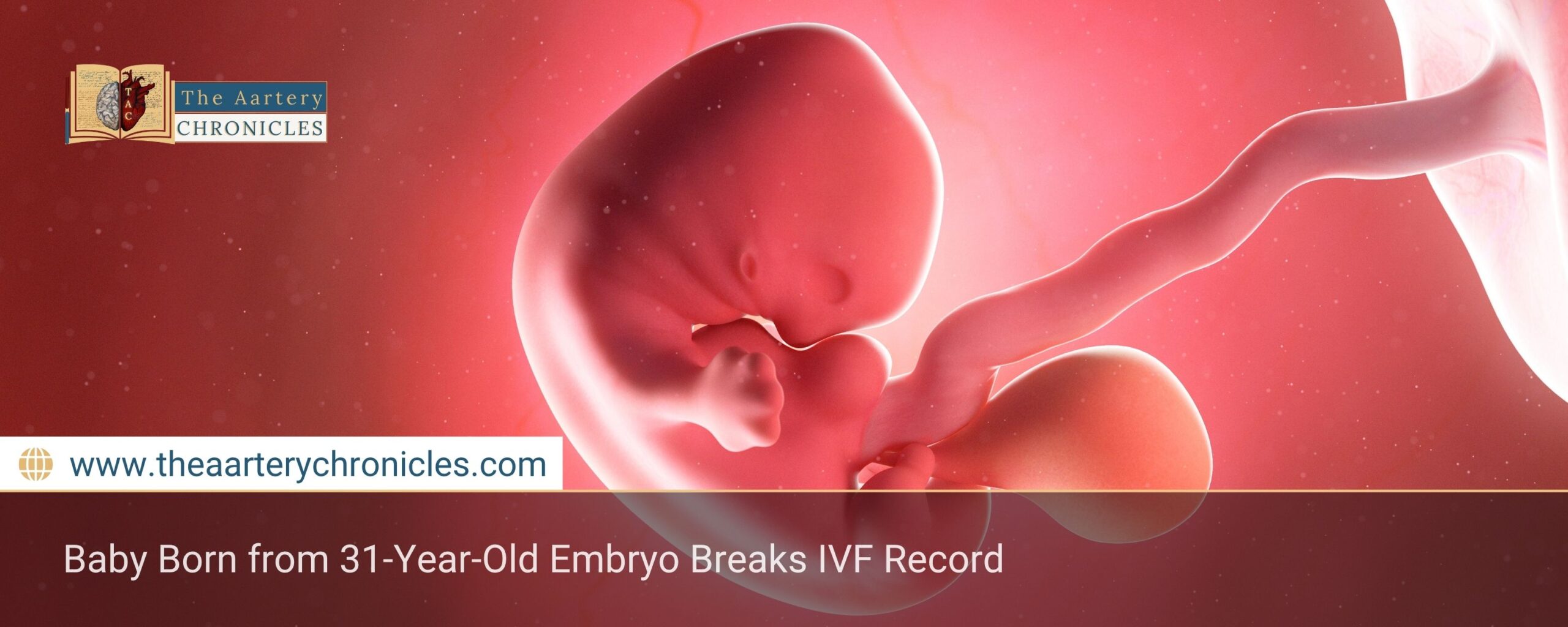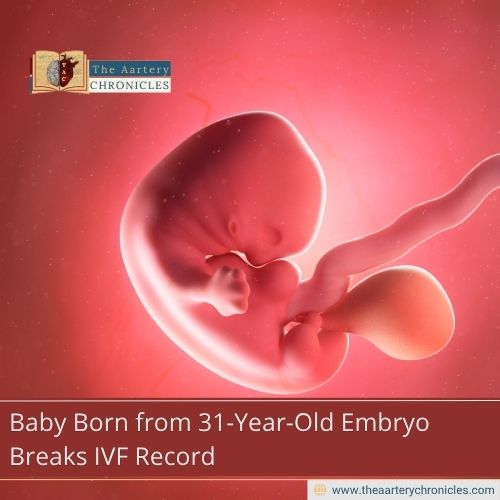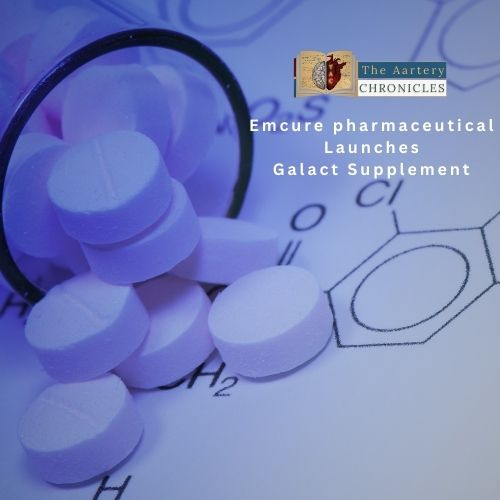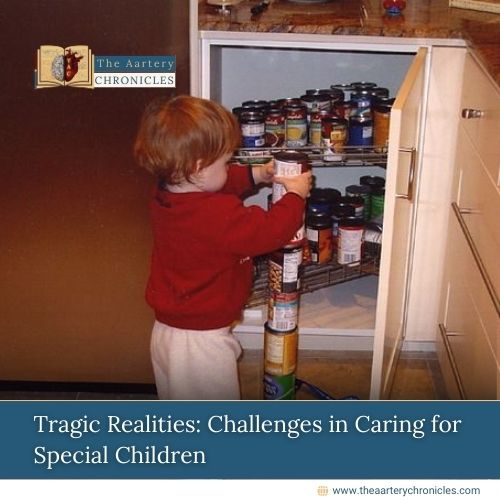

Baby Born from 31-Year-Old Embryo Breaks IVF Record
Summary: A baby boy named Thaddeus, born in July 2025, is now the world’s oldest baby, developed from an embryo frozen 31 years ago in 1994. His parents, who struggled to conceive for nearly a decade, adopted the embryo through a special program designed for long-frozen embryos. This remarkable birth not only broke records but also sparked conversations about embryo preservation, adoption, and ethical fertility practices.
31 Years in the Making: Meet the World's Oldest Baby
A baby born in July 2025 is making headlines worldwide, not for his size or weight, but for his age. Baby Thaddeus is just days old, but his embryo was frozen over 31 years ago in 1994, making him the oldest known embryo to result in a live birth.
The Long Road to Parenthood
Lindsey and Tim Pierce, a couple from Ohio, had been trying to conceive for nearly eight years without success. Their fertility journey led them to embryo adoption, a growing practice among couples looking for alternatives to traditional IVF or surrogacy.
They enrolled in the Snowflakes Embryo Adoption Program, a unique initiative offering so-called “hard-to-place” embryos that have been frozen for years, sometimes even decades.
Frozen in Time Since 1994
Thaddeus’s embryo was created in May 1994 by Linda Archerd and her husband, who had also struggled with infertility. Four viable embryos were developed during their IVF cycle. One led to the birth of their daughter, now 30, and the remaining three were stored for potential future use.
Linda referred to them as her “three little hopes.” But life took a different path. After her divorce, she was awarded custody of the embryos and chose to make them available for adoption.
A Record-Breaking Pregnancy and Birth
Despite the embryo’s age, the IVF procedure was a success. Thaddeus was born on July 26, and while the birth was challenging, both mother and baby are healthy.
Lindsey shared with MIT Technology Review: “We’re in awe that we have this precious baby. We didn’t do this to break a record. We just wanted to be parents.”
Why So Many Frozen Embryos?
Modern IVF often results in more embryos than can be used, leaving millions stored in freezers worldwide. Many of these are forgotten or left in limbo. Dr. John Gordon, the fertility specialist who led the procedure, is passionate about giving these embryos a chance at life.
“Every embryo deserves a chance,” said Dr. Gordon. “The only embryo that won’t lead to a healthy baby is the one never transferred.”
Breaking a Previous Record
Before Thaddeus, the record was held by twins born in 2022 from embryos frozen for 30 years. These miraculous stories reflect the evolving possibilities of reproductive science and the emotional power of embryo adoption.
A Milestone in IVF History
Since the first IVF birth in 1978 (Louise Brown), over 8 million babies have been born through assisted reproductive technologies. Thaddeus’s birth highlights not just scientific achievement, but also the love, hope, and determination of families navigating infertility.
Wrapping-up: A Baby, A Breakthrough, A Blessing
Thaddeus may be just a newborn, but his story spans three decades, two families, and one incredible breakthrough in science and human compassion. His birth is more than a record; it’s a powerful reminder of the life potential frozen in time.
Inputs from various media sources.

Dane
I am an MBBS graduate and a dedicated medical writer with a strong passion for deep research and psychology. I enjoy breaking down complex medical topics into engaging, easy-to-understand content, aiming to educate and inspire readers by exploring the fascinating connection between health, science, and the human mind.








